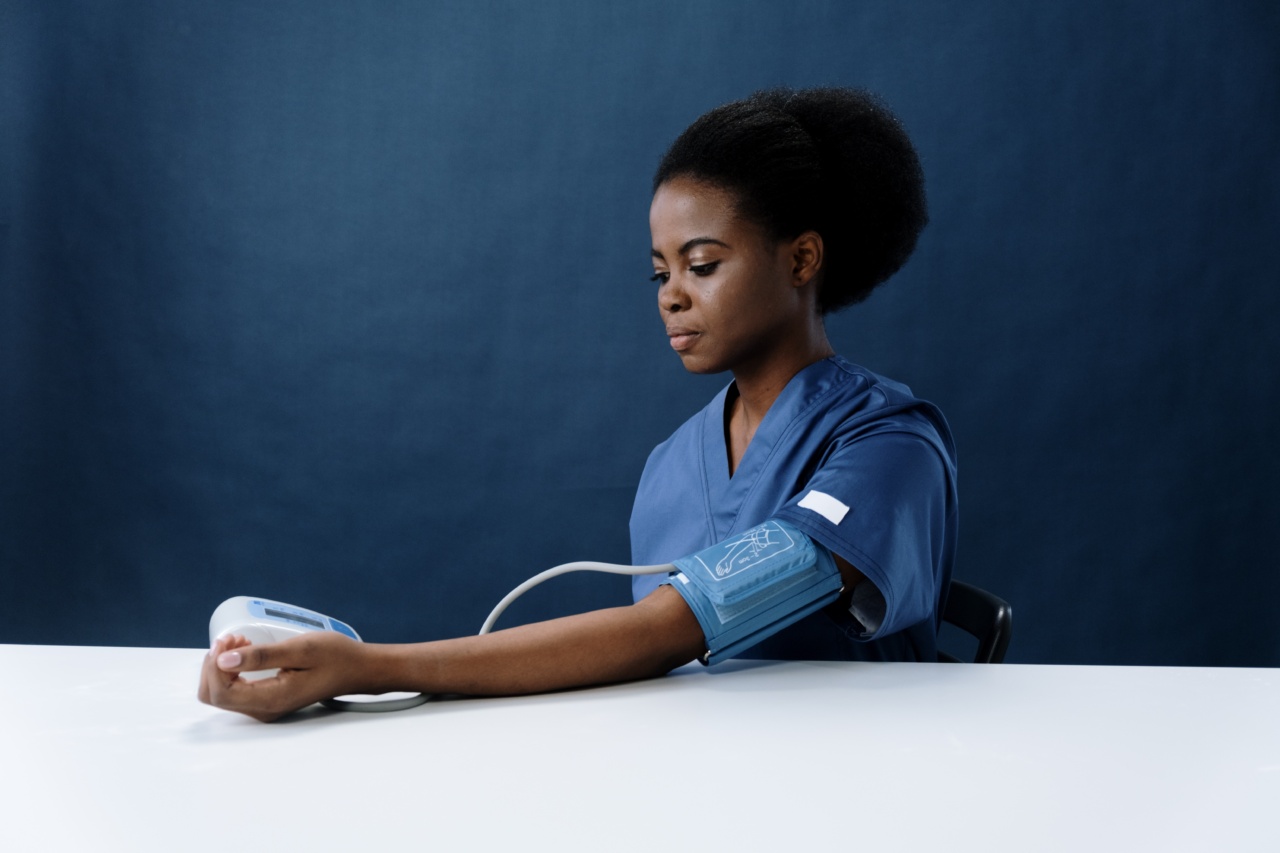High blood pressure (hypertension) is a common health concern. Measuring your blood pressure accurately is important in tracking your health. Below are tips for accurately measuring your blood pressure:.
1. Use the Right Equipment
To accurately measure your blood pressure, it is important to use the right equipment. You can use a manual or digital blood pressure monitor. A manual monitor uses a stethoscope and an inflatable cuff to measure your blood pressure.
A digital monitor uses an electronic sensor to detect the pressure and display the result on a screen. Make sure that your monitor is calibrated and certified by the Association for the Advancement of Medical Instrumentation (AAMI).
2. Prepare Yourself Properly
You should prepare yourself properly to get an accurate blood pressure reading. For example, avoid smoking, drinking alcohol, and exercising for at least 30 minutes before taking your reading.
Ensure you have eaten a light meal and emptied your bladder before taking your reading. Wear loose-fitting clothes and avoid crossing your legs.
3. Measure Your Blood Pressure at the Right Time
The time of day can affect your blood pressure readings. Your blood pressure tends to be lower in the morning and higher in the evening. Measure your blood pressure at the same time each day.
You should also sit quietly for at least five minutes before taking your reading. Talking or moving can temporarily raise your blood pressure.
4. Use the Right Technique
Using the right technique when measuring your blood pressure is important in getting an accurate reading. Relax by sitting in a comfortable chair with your back supported and feet flat on the ground.
Rest your arm on a table or armrest so that the cuff is at the same level as your heart. Make sure that the cuff is snug but not too tight. Take two or three readings a few minutes apart and record the average.
5. Keep a Record of Your Blood Pressure
Keeping a record of your blood pressure readings can help you and your doctor monitor changes in your blood pressure over time. Record your readings, the date and time, and any other relevant information, such as medication taken or illness.
This information can be useful in diagnosing and managing hypertension.
6. Check Your Blood Pressure Regularly
Checking your blood pressure regularly can help you detect changes early and prevent complications. If you have hypertension, you should check your blood pressure at least once a week or as directed by your doctor.
If your blood pressure is under control, you can check it less frequently, such as once a month.
7. Keep a Healthy Lifestyle
A healthy lifestyle can help you manage hypertension and prevent complications. Make sure to exercise regularly, eat a balanced diet, limit salt and alcohol intake, and avoid smoking. Manage stress and get enough sleep.
These lifestyle changes can help improve your blood pressure readings and overall health.






























